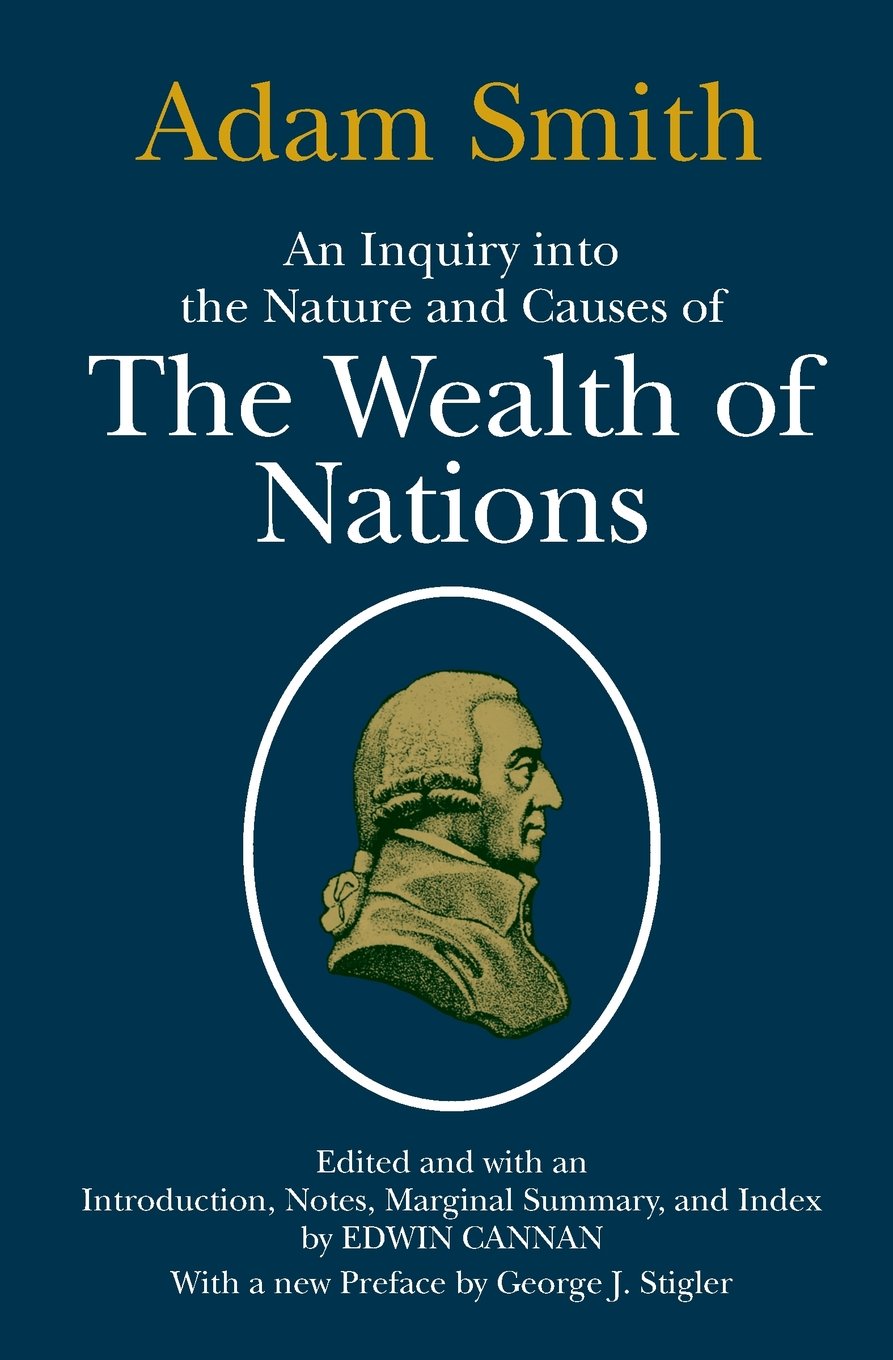Newly released
This book is new and will be uploaded as soon as it becomes available to us and if we secure the necessary publishing rights.

An inquiry into the nature and causes of the wealth of nations Book PDF
(0)
Author:
Adam SmithNumber Of Reads:
76
Language:
English
Category:
Social sciencesSection:
Pages:
1280
Quality:
excellent
Views:
1176
Quate
Review
Save
Share
Book Description
Adam Smith's masterpiece, first published in 1776, is the foundation of modern economic thought and remains the single most important account of the rise of, and the principles behind, modern capitalism. Written in clear and incisive prose, The Wealth of Nations articulates the concepts indispensable to an understanding of contemporary society; and Robert Reich's Introduction both clarifies Smith's analyses and illuminates his overall relevance to the world in which we live. As Reich writes, "Smith's mind ranged over issues as fresh and topical today as they were in the late eighteenth century--jobs, wages, politics, government, trade, education, business, and ethics."
Adam Smith
Adam Smith is a Scottish moral philosopher and economist. He is considered the founder of classical economics and a pioneer of political economy. He is best known for his two classic books: The Theory of Moral Sentiments (1759) and An Inquiry into the Nature and Causes of the Wealth of Nations (1776). It is one of his most important effects, and the first work dealing with modern economics, and was known for short, as “The Wealth of Nations.” He called for promoting individual initiative, competition, and freedom of trade, as the best way to achieve the greatest amount of wealth and happiness. Smith is considered the father of modern economics, and he is still considered one of the most influential economic thinkers in today's economics. In 2009, Smith was named among the "Greatest Scots" of all time, in a vote on a Scottish television channel. Smith studied social philosophy at the University of Glasgow and at Balliol College, Oxford, and after graduating gave a successful series of public lectures at the University of Edinburgh. He then obtained a professorship in Glasgow teaching moral philosophy, during which time he wrote and published The Theory of Moral Sentiments. Smith later worked as a tutor, which allowed him to travel around Europe, where he met some of the great thinkers of his day. Smith then returned to his country, and spent about ten years working on his book The Wealth of Nations, which was then published in 1776. Smith then died in 1790 at the age of 67.
Book Currently Unavailable
This book is currently unavailable for publication. We obtained it under a Creative Commons license, but the author or publisher has not granted permission to publish it.
Rate Now
5 Stars
4 Stars
3 Stars
2 Stars
1 Stars
An inquiry into the nature and causes of the wealth of nations Quotes
Top Rated
Latest
Quate
Be the first to leave a quote and earn 10 points
instead of 3
Comments
Be the first to leave a comment and earn 5 points
instead of 3